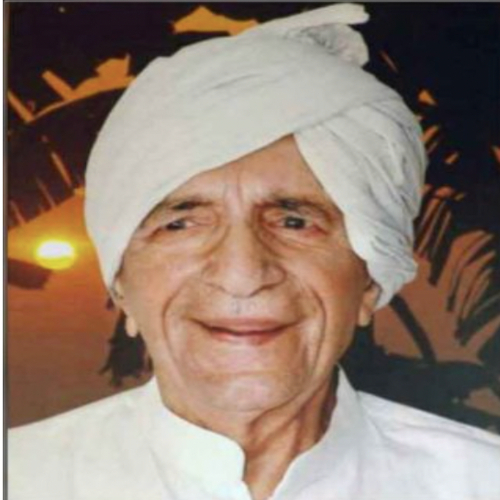Early Life
Chaudhary Ranbir Singh was born on 26 November 1914 at Sanghi in Haryana. He completed his schooling in Vaish High School, Rohtak and graduated from Ramjas College, Delhi in the 1930s.
He was the founder-editor of the weekly Hindi Haryana and headed the Haryana Vidya Parcharani Sabha in Rohtak.
Role in India’s Independence Movement
Singh played an active part in the Indian independence movement. He was detained twice and arrested four times for his participation in movements initiated by Congress. He was one of the leaders responsible for propagating and leading the Satyagraha and Quit India movement in Rohtak, Haryana.
He worked on promoting education and agriculture. He established the Subhash High School, Kherkanda and Primary School, and the Gandhi Memorial High School, Gorarh in the 1940s. Singh served as the Secretary of the Bharat Kisan Samiti.
Contribution to Constitution Making
Singh was elected to the Constituent Assembly from Punjab in 1946 on a Congress party ticket. He intervened in a variety of issues such as Delhi’s provincial autonomy, minimum economic price of agricultural produce, and Profession Tax.
Later Contributions
Singh had a prolific political career and is the only person to have served as a member of seven different legislative houses including the Constituent Assembly and Provincial Legislature. He was successfully elected to the Lok Sabha in 1952 and 1957. Singh was subsequently elected to the Punjab State Legislature in 1962, the Haryana State Legislature in 1966, and Rajya Sabha in 1972.
During his term as a State legislator, Singh held several cabinet positions, including minister of power and irrigation for Punjab in 1962 and minister for the Public Works Department for Haryana in 1966. His notable contribution during his time in office as Punjab’s Irrigation Minister was the development of the Bakhra Nangal Power Project. He also served as the President of the Haryana Pradesh Congress Committee between 1977 and 1980.
He passed away on 1 February 2009.
- While discussing Delhi’s provincial autonomy, Singh stated that while it was justified for New Delhi to be classified as a province given its special position as the seat of the Union government, he did not believe that the same provincial status should be extended to the other parts of Delhi such as Old Delhi and certain rural parts of New Delhi.
- Singh proposed the introduction of a new article in the Constitution that laid stress on the State’s duty to secure a minimum economic price for agricultural produce, claiming that in the absence of such a price, agriculturalists would be susceptible to exploitation.
- He emphasized the need to increase the upper limit of the Profession Tax in order to institute a fair system of taxation that was not partial to the rich.

